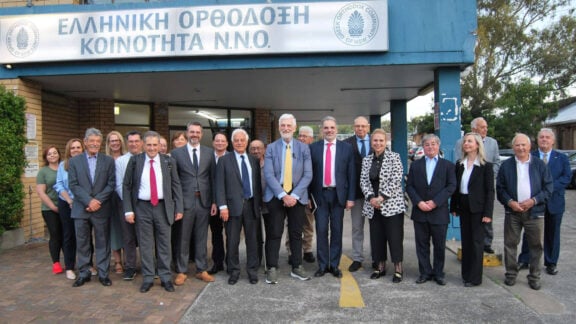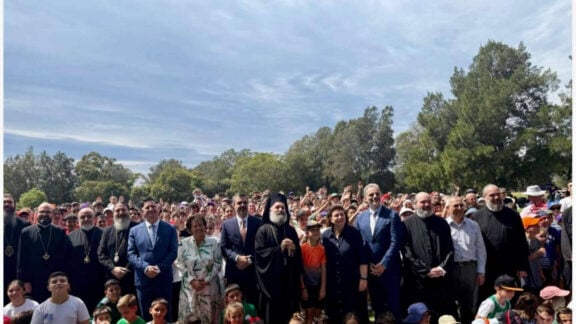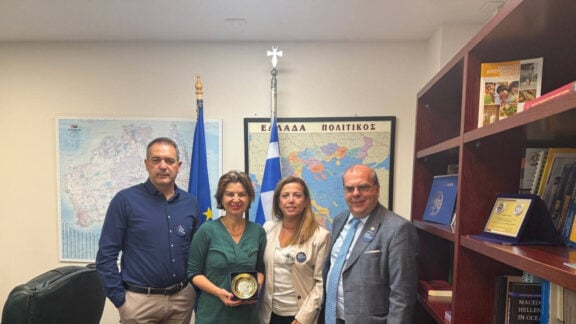We attended the Research Unit for Multicultural and Cross Cultural Communication (RUMACC) lectures at the University of Melbourne on Sunday 22 November 2015. The free seminar to an audience of over 300 people from various ethnic backgrounds, most of whom were young parents, was conducted over four hours and addressed themes including the advantages of bilingualism and issues and practical suggestions in raising children bilingually. Below are some important research and themes emerging from these and previous talks:
– If we take a ‘global citizen’ view, bilingualism (or multilingualism) is the norm around the world. In many countries children grow up speaking two, if not three or more languages. Hence it is more ‘normal’ to be bilingual than not. At least 50 per cent of the world’s population speaks more than one language to some degree. In Melbourne, it is estimated that at least two languages are spoken at home in around 30 per cent of the population and the figure is around 23 per cent across Australia.
– Language is a fundamental part of our identity and a ticket of entry to other cultures and worlds. We have a right to share languages, heritage and culture with each other and with our children and to respect those from other cultures, all in the context of a wonderful and exceedingly successful multicultural Australia and a multi-national world.
– In the past, particularly in English-speaking countries, there has been an inherent bias against other languages. How many of us have our own stories of being discriminated against or not being made felt welcome or proud to express ourselves in languages other than English, or even being made to feel apologetic for coming from a Greek background?! Consequently, there has been a loss of language and culture in many second and further generations with significant down sides to this. The anti-language attitudes and policies of the past need to be seen as grossly ignorant, isolationist, at times barbaric and not conducive to cultural and global citizen sensitivity.
– There is mixed evidence that children who grow up with two languages may have cognitive benefits. It appears that constantly switching from one language to another may offer brain benefits when doing things such as crossword puzzles, in that it exercises the brain.
– While learning English is essential and those of us who live here are immensely proud of being Australian, of Australia and its achievements and values, connections with other family members and to familial backgrounds are also important and are another benefit to bilingual or multilingualism.
– Effective bilingualism requires at least one person in the household speaking to children in the second language continuously. You can’t just drop the kids off at Greek School and expect it to work.
– The Victorian government has previously released a document entitled ‘Languages-expanding your world’, stating that “a language has the ability to change your life”. It is reported that the federal government wants 40 per cent of year 12 students studying a language within a decade and is funding the Asia Education Foundation to investigate why so many Australian students drop languages before the end of school.
As parents and doctors, we were also interested in the information tabled regarding the health and medical benefits of bilingualism:
Active bilingualism results in the delay of dementia type syndromes by at least 4.5 years in later age compared to those who are monolingual.
Those who have some strokes and are bilingual are twice as likely to undergo full recovery compared to monolinguals (40 per cent vs 20 per cent full recovery).
To bust some language myths, bilingualism does not create language delays or result in stuttering. Children commonly mix the two languages; however, this is temporary. Children are not confused by learning two languages.
Celebrities who are actively bilingual include Sandra Bullock (English and German) and Bradley Cooper (English and French).
There are multiple advantages to bilingualism. Speaking more than one language offers potentially great benefits to students and adults who will emerge into an increasingly connected world. Language learning should be viewed as a key 21st-century skill. Despite the advantages of bilingualism, Australia faces significant challenges in convincing its parents and children to undertake language education. There needs to be greater incentives at a school-age level to undertake bilingual education including up-scaled ATAR scores, etc. We would like to see the various stakeholders in Melbourne’s Greek community and across Australia synergising more, and a more a formal strategy developed for how we can ‘mind our language’ more effectively.
* Anyone who would like to share or discuss similar ideas and would like to form a support or interest group (at least for our children’s sake) can contact us at gstabelo@med.usyd.edu.au
Advertisement
Challenging Australia’s monolingual mindset
Advantages of active bilingualism and raising children bilingually








